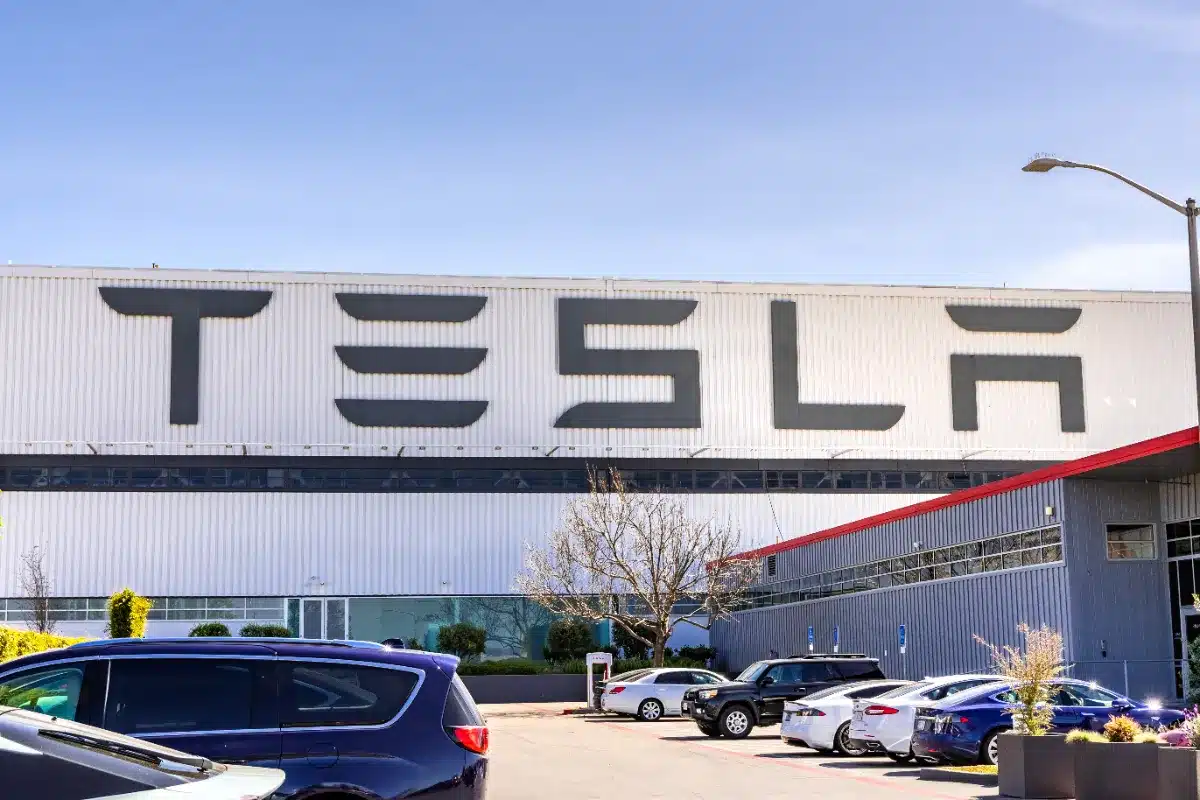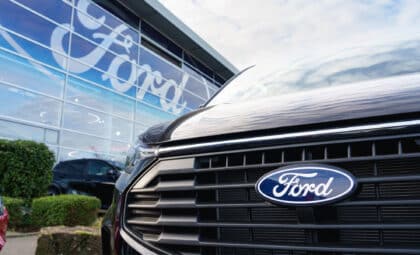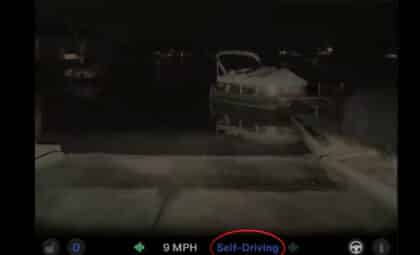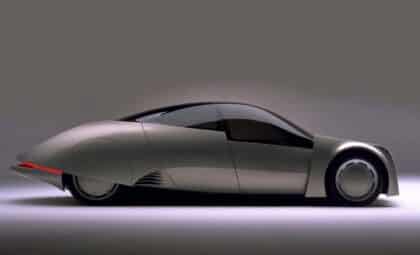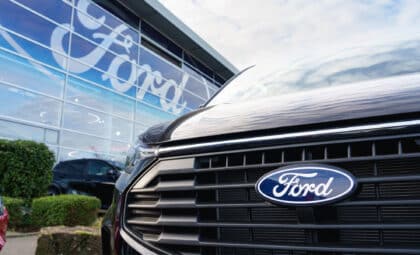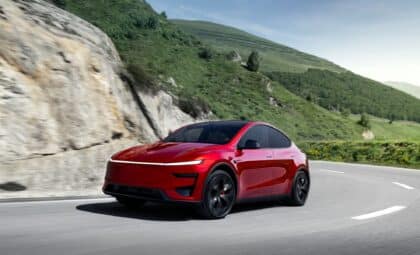The California Department of Motor Vehicles (DMV) has taken legal action against Tesla, filing a suit that might shake things up for both the electric car giant and the broader auto world. The complaint seeks to halt Tesla’s operations in California for at least 30 days, alleging that the company misrepresented what its ‘Autopilot’ and ‘Full Self-Driving’ features can really do, leading to customer frustration. Since California is a vital market for Tesla, the result of this legal fight could not only shake up Tesla’s day-to-day business but might also set a new bar for how semi-autonomous tech is promoted across the nation.
The lawsuit details
Originally filed in 2022 and later updated in 2023, the DMV’s case hinges on claims that Tesla’s website language about the self-driving abilities of its vehicles is misleading. Specific phrases like ‘autopilot,’ ‘full self-driving capability,’ and statements suggesting that Tesla vehicles can “conduct short and long-distance trips with no action required by the person in the driver’s seat” are being called into question. According to the DMV, these words create the false impression that Tesla cars are fully autonomous—even though they aren’t. Attorney General Rob Bonta put it bluntly, saying, “These labels and descriptions represent specifically that respondent [Tesla]’s vehicles will operate as autonomous vehicles, which they could not and cannot do.”
Why California matters for Tesla
California isn’t just another state for Tesla—it’s a key market, thanks to its large population and its forward-thinking stance on electric vehicles. The San Francisco area, in particular, is known for embracing new tech and leading the way in electric vehicle sales. A suspension of sales in this area would certainly shake up Tesla’s revenue stream and could dent its reputation among tech-friendly consumers who love being on the cutting edge.
What a 30-day suspension could mean
A 30-day halt on sales poses a serious threat to Tesla’s finances and public image, especially amid declining sales. Besides the immediate loss of income, such a move would fan the flames of ongoing debates about how automakers promote advanced driver assistance features, especially in light of Musk’s political involvement.
Stakeholder sit-downs
In light of these legal moves, representatives from both Tesla and the DMV are set to meet this week in California. Their talks will zero in on the proposed 30-day pause on sales. This meeting is a chance for both sides to hash things out and possibly find a middle ground before matters escalate further or end up in court.
Legal docs and Tesla’s reply
The legal papers filed by California attorneys point out four specific phrases that they claim mislead the public. On the flip side, Tesla’s legal team insists that they’ve always been clear: their vehicles require “active driver supervision.” They argue that while terms like ‘autopilot’ might sound futuristic, the cars aren’t self-driving but instead come with sophisticated driver assistance features intended to boost safety.
The ripple effect on the industry
If the suit leads to a 30-day suspension of Tesla’s dealer and manufacturing licenses, the immediate effect would be a dip in sales, and it might also prompt other automakers to rethink how they advertise similar tech. This outcome could spark changes in regulatory approaches, pushing for clearer and more honest advertising around semi-autonomous driving features.
This situation marks an important moment for Tesla and the auto industry as a whole. As companies continue to roll out advanced technologies, keeping consumers in the loop with straightforward information remains a top priority. For anyone following this story, it’s a good reminder to take a close look at product claims while keeping an eye on how new rules might shape the future of driving tech.

